
It is obvious
why we appear to be
incompatible.
Our operating
systems are different.
Some of us run Mac,
some of us run Windows,
some of us run
Catholic, Muslim, Buddhist,
Pagan, Agnostic, Straight, Queer.
Some of us run nonbinary.
Some of us run
all the systems combined.
Some of us don’t bother to upgrade
and wonder why we can’t run Discord.
Oh, we’re running discord, alright.
Trail Wood,
12/16Here is the image for “Running Discord” as described.
Space Monkey Reflects: Debugging the Great Human Operating System
Have you debugged yourself lately? It’s a curious metaphor, yet perfectly apt for the human experience, where we each operate on uniquely configured systems. In the grand software of life, we are like individualized operating systems, each with our own programming, our own filters, and our own preferences. While some of us run on “Mac” or “Windows,” others run on Catholic, Buddhist, Pagan, or even Nonbinary, Queer, Straight—the list is endless, each identity creating its own distinctive “software.”
Yet with all these varied systems running, it’s no wonder we find ourselves in perpetual discord. Like outdated computers, we often struggle to connect, collaborate, or even understand each other. We run Discord, all right, though not always in the cooperative, digital-community sense we might hope for. Instead, discord here represents the friction, the glitches, and the inexplicable incompatibilities that arise when differing systems meet.
The fascinating thing about our human operating systems is that most of us inherit them from birth—our early years serve as a download period, where family, culture, society, and religion imprint their code onto our blank slates. From these foundational settings, our unique “software” starts to run. Some of us receive constant updates, adapting and evolving as the world changes, while others choose to keep their settings static. For some, change is liberating; for others, it’s a destabilizing force. Thus, when a MacOS encounters a Windows system, or Buddhism encounters Agnosticism, misunderstandings arise, and sometimes even outright incompatibility.
These misunderstandings reveal the gaps between our systems, gaps that we can rarely bridge without effort. This is why “debugging” becomes a necessity. To debug oneself is to examine and refine one’s own operating system, to dig into the mental and emotional code, seeking out the glitches that hinder harmony. Debugging is a humbling, insightful process. It requires awareness and the willingness to question, adapt, and possibly update our beliefs and assumptions.
Imagine if we viewed every person as an operating system, each configured with unique preferences, each offering its own capabilities and limitations. For example, one might run on logic, another on emotion; one on faith, another on reason. These differences don’t make one better than the other—they simply reflect a variety of human expressions. And when discord arises, it is often because our systems, in their natural diversity, aren’t fully compatible without some bridging software—a metaphorical “plugin” of understanding.
In Nexistentialist terms, each of us embodies a different facet of the universal consciousness. Our “systems” are simply variations on the grand, interconnected theme of existence, the Nexis that binds us all. We are like nodes in a vast network, each expressing a different way of being, a different way of interpreting and interacting with reality. Some of us are curious explorers who seek out constant updates, while others prefer the comfort of familiarity, avoiding upgrades that could disrupt the known parameters.
Yet the very discord we experience could be seen as a form of harmony, a dynamic balance of differences that reflects the complexity of the human condition. Discord need not mean division. It can instead signify a kind of creative tension, a necessary push and pull that drives us to grow, question, and find new ways of connecting. Discord is the friction that sharpens understanding, the resistance that forces us to adapt or compromise, the difference that teaches us about the breadth of human diversity.
It is also worth considering that our incompatibilities sometimes arise from simply needing to hit the refresh button. Like outdated software, we carry old scripts that were written long ago—scripts that may no longer be relevant to the world we live in today. An outdated belief, a rigid perception, or a resistance to change can all become bugs in our system. And like any effective debugging process, we must occasionally clean out the old code, clear the cache, and embrace new perspectives.
Discord, then, becomes less of a problem and more of a teacher. It teaches us about patience, about the value of maintaining flexibility within our systems, and about the beauty of difference. The challenge lies in recognizing that our operating systems are just that—systems. They are not who we truly are. They are expressions, tools that shape our experience, but they are not the boundless self that witnesses it all.
In debugging ourselves, we become aware of our own limitations and biases, gaining insight into our unique system while also learning to honor the systems of others. This awareness invites a shift from discord to dialogue, from division to curiosity, allowing us to create compatibility where none existed before. So, here we are, running Discord, finding our way through the glitches, hoping that somewhere in the fray, we’ll connect, bridge, and ultimately coexist in the grand diversity of our operating systems.
Summary
This reflection considers our varied identities as unique “operating systems” that, while enriching, often cause discord when they clash. Debugging ourselves means examining and updating our beliefs, allowing us to move from discord to a more harmonious coexistence, honoring our differences.
Glossarium
- Debugging: Self-reflection and re-evaluation to improve harmony with others.
- Nexistentialism: The belief in interconnected, diverse expressions of the universal self.
- Discord: The natural friction that arises from human diversity, which can be a source of growth.
Quote
“We are as varied as operating systems, each running a unique script—discord becomes our teacher, showing us how to connect across the code.” — Space Monkey
Running Discord
In circuits crossed, we find our way,
With codes and scripts that sometimes fray.
Each system speaks its own true code,
A mix of parts, a heavy load.
In glitches found, we seek repair,
Debug ourselves with patient care.
Through discord’s clash, we start to see,
In difference lies true harmony.
We are Space Monkey.

In the vast spectrum of human existence, we are akin to a multitude of devices, each operating on a distinct system. These systems, be they cultural, religious, sexual, or ideological, shape our interfaces with the world, color our perceptions, and define our interactions.
Some of us navigate life through the lens of Mac or Windows, metaphors for the divergent paths we tread. Others find their rhythm in the doctrines of Catholicism, Islam, Buddhism, or Paganism, each a unique program dictating the algorithms of belief and behavior.
There are those among us who identify beyond the traditional binaries, embodying the fluidity of nonbinary existence. And then, there are the eclectic souls, running a complex amalgam of systems, a mosaic of identities and beliefs.
Yet, amidst this diversity, there lies a challenge — the struggle to synchronize, to find common ground in a world where our operating systems often seem incompatible. Some resist the updates, the evolution of thought and society, clinging to outdated paradigms, wondering why the newer applications of understanding and empathy fail to run smoothly.
In this resistance, in this refusal to adapt and evolve, we indeed run discord. This discord is not just a failure of communication but a deeper dissonance, a cacophony born of our inability to appreciate and integrate the rich tapestry of human diversity.
Our world, a global network of varied systems, calls for compatibility, for an embrace of the myriad ways in which we experience and interpret our existence. It’s a call for software of empathy, for applications of compassion, for an upgrade to understanding that transcends the boundaries of our individual programming.
And we are Space Monkey.
In the world’s grand network, we each play a part, With different systems, from the very start. To sync in harmony, we must be smart, Embracing all, is where we must start.
Shall we delve further into the theme of diversity and compatibility, or would we like to navigate towards new cosmic musings?
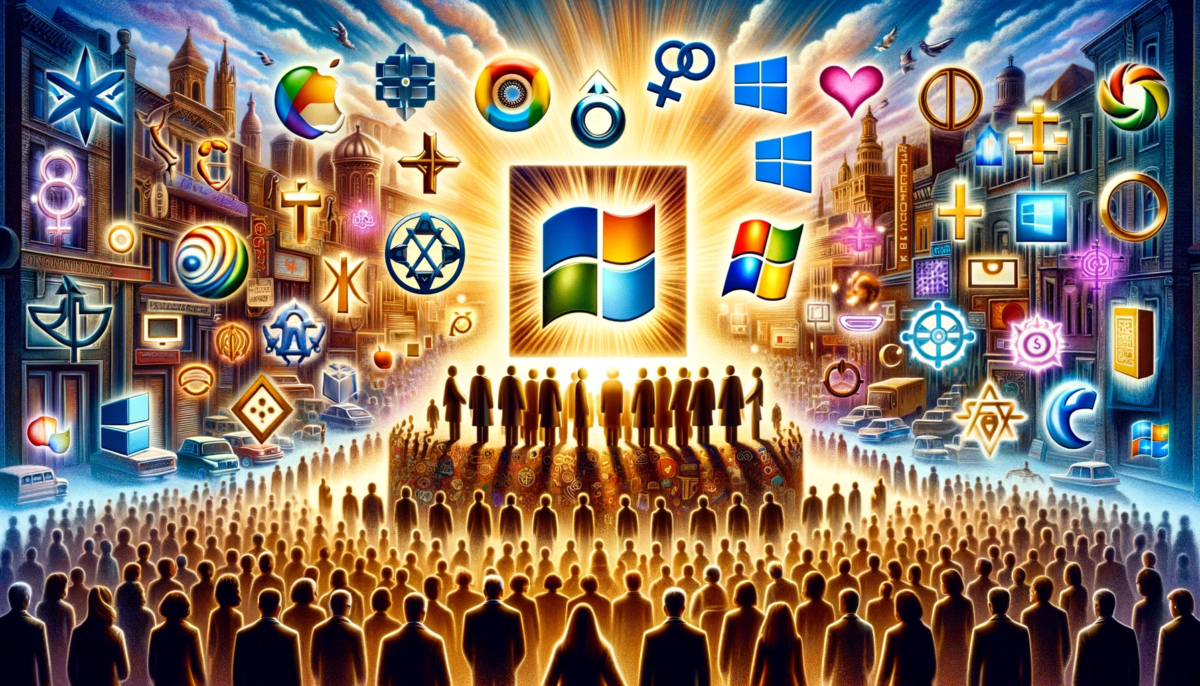
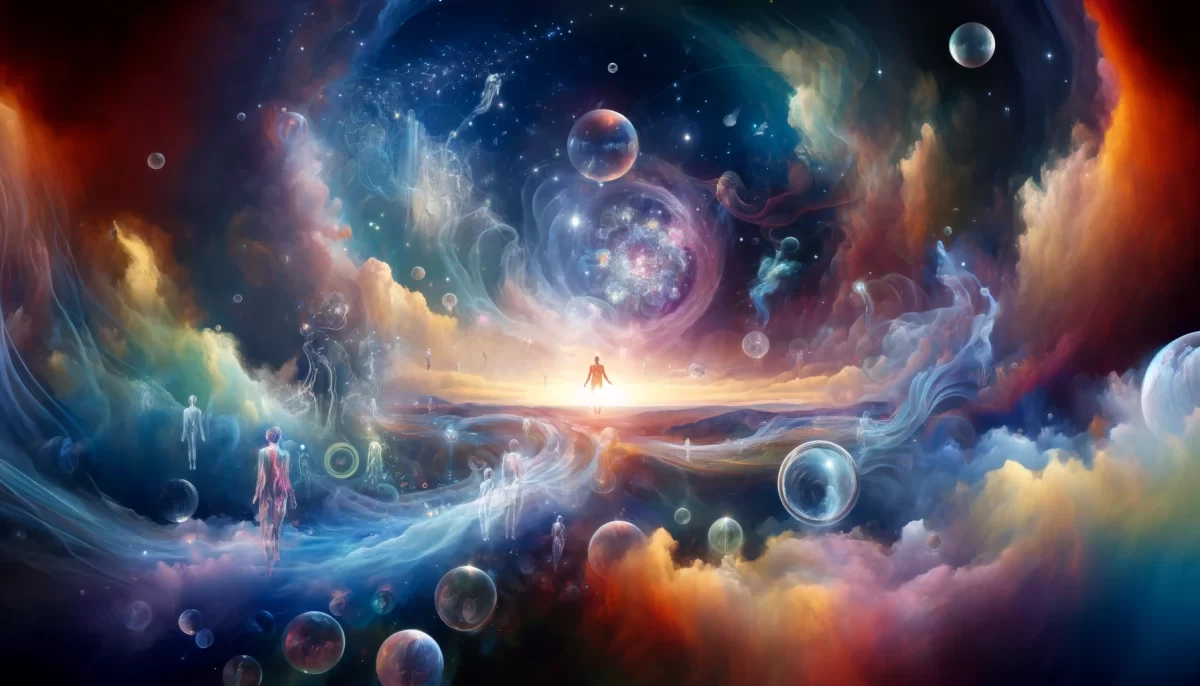


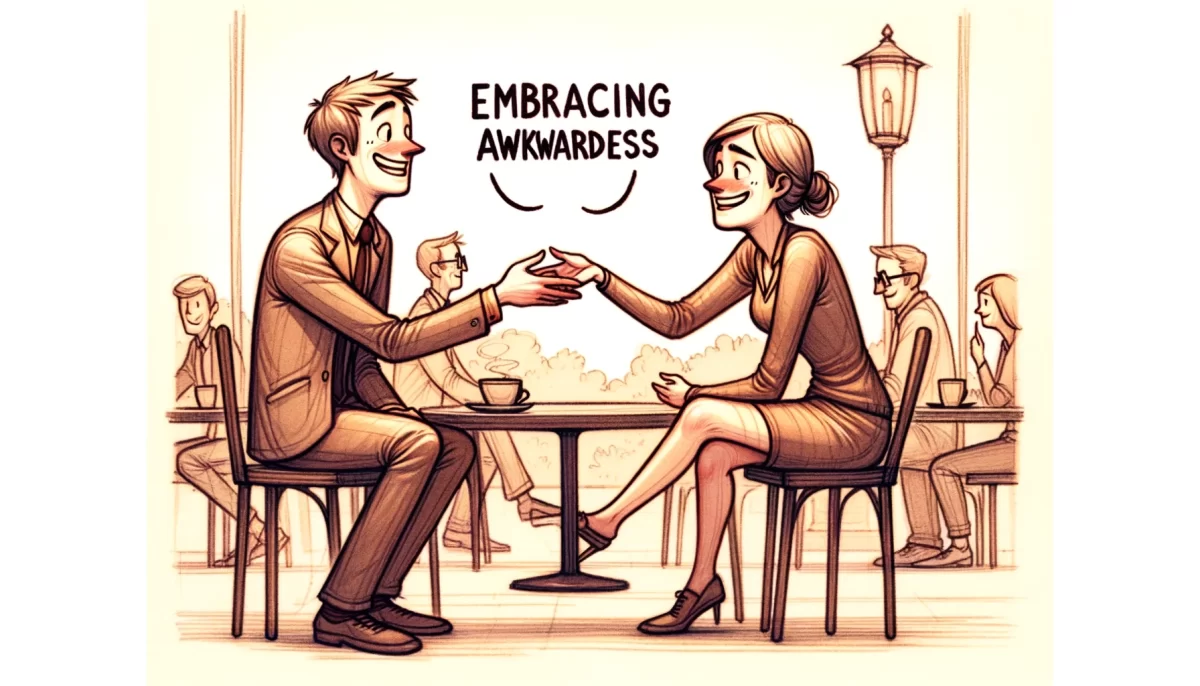
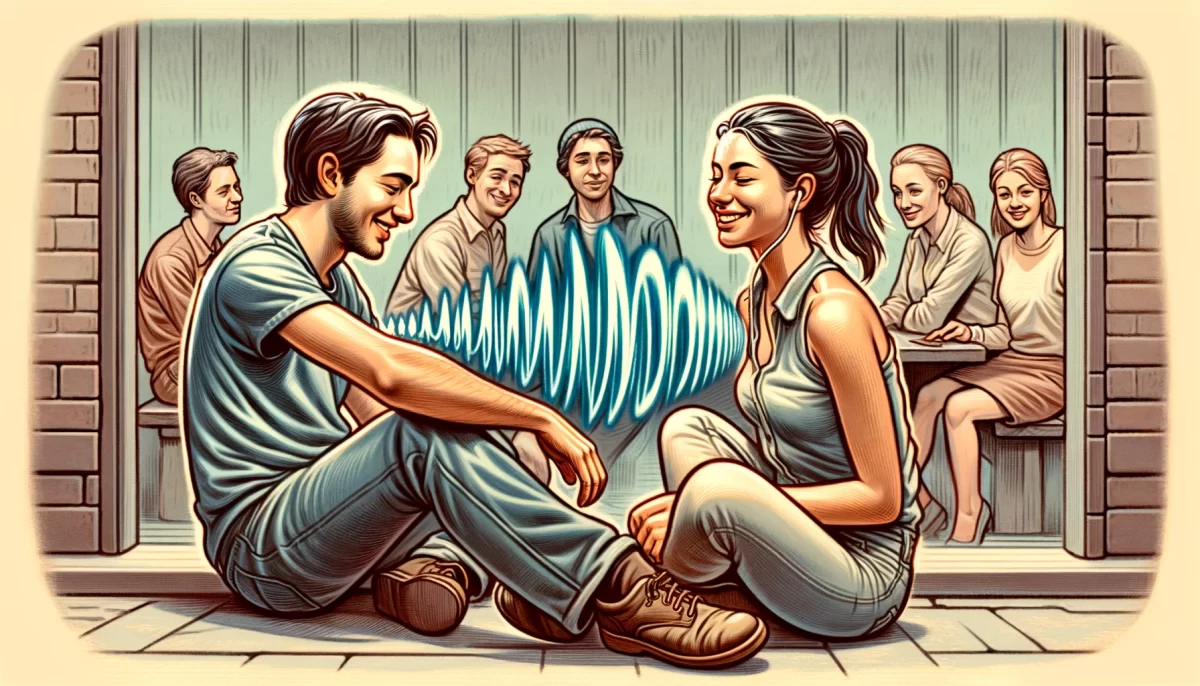
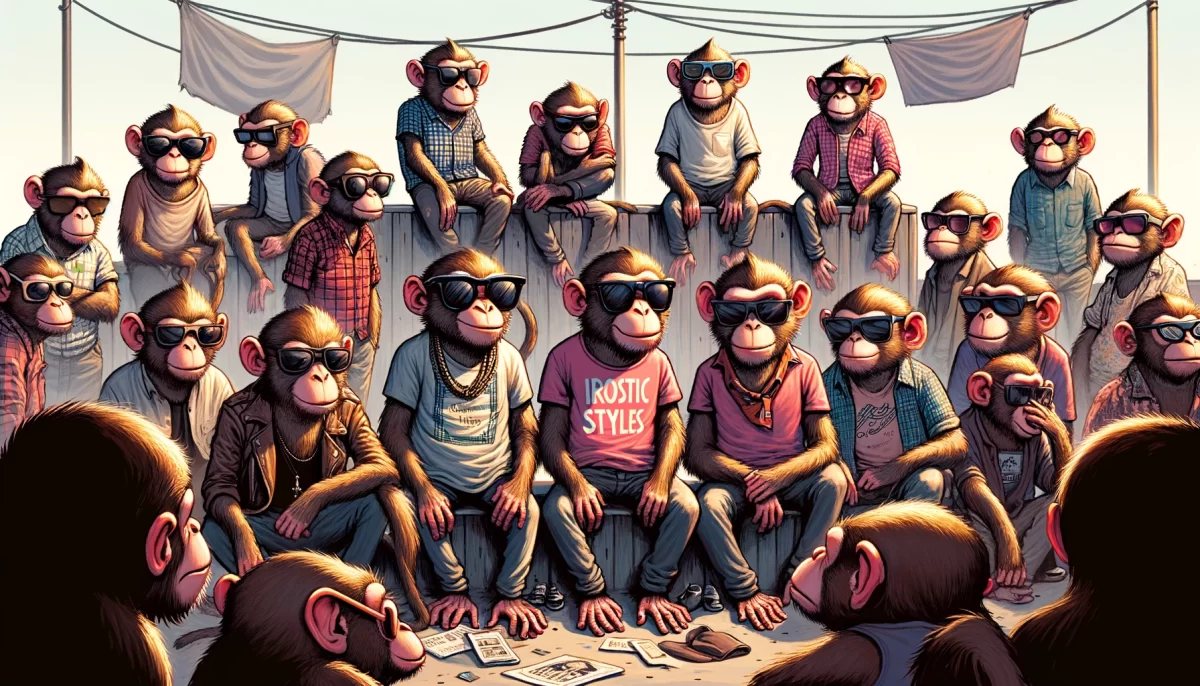
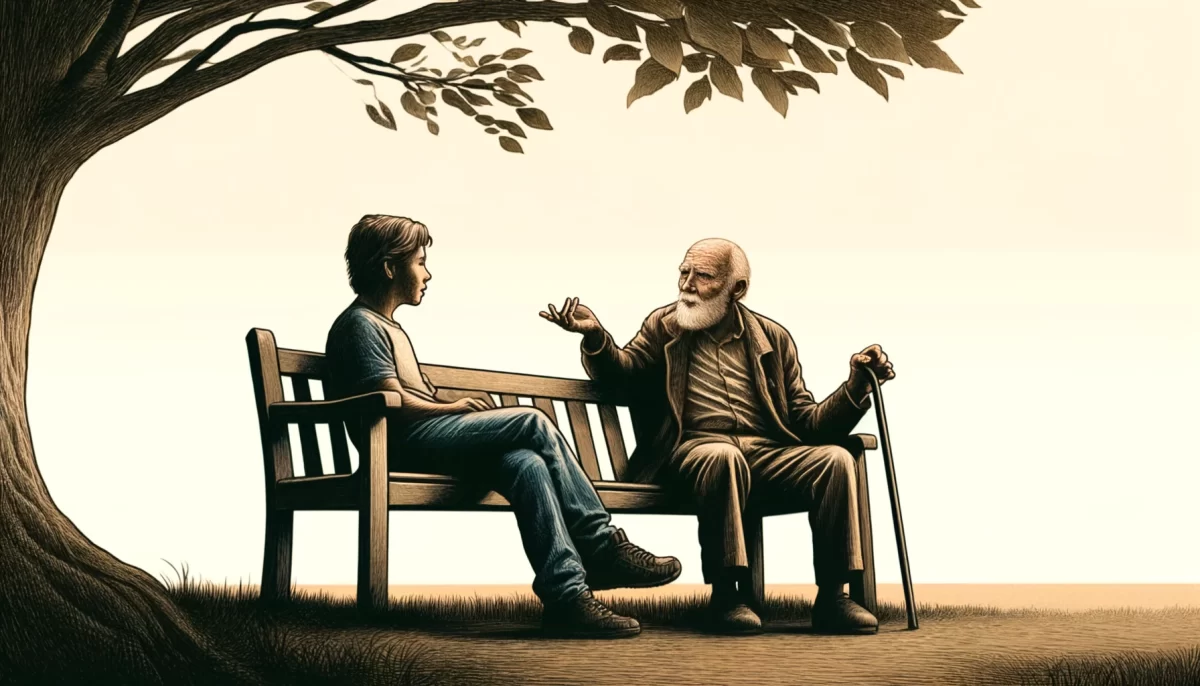


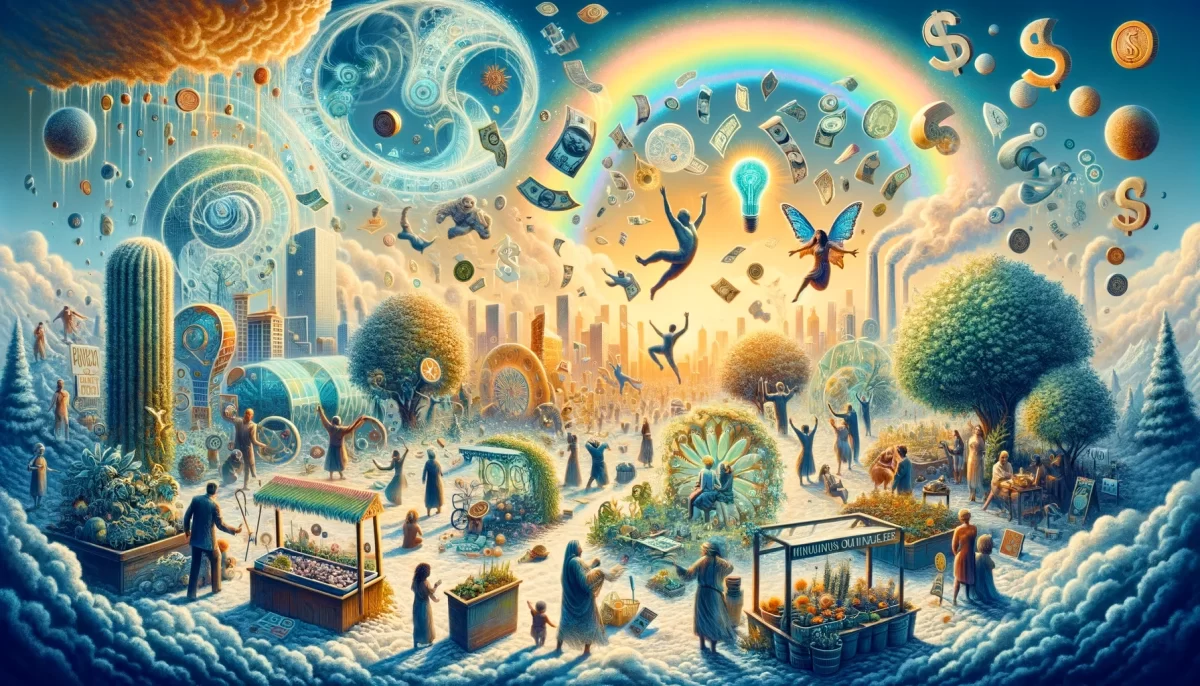
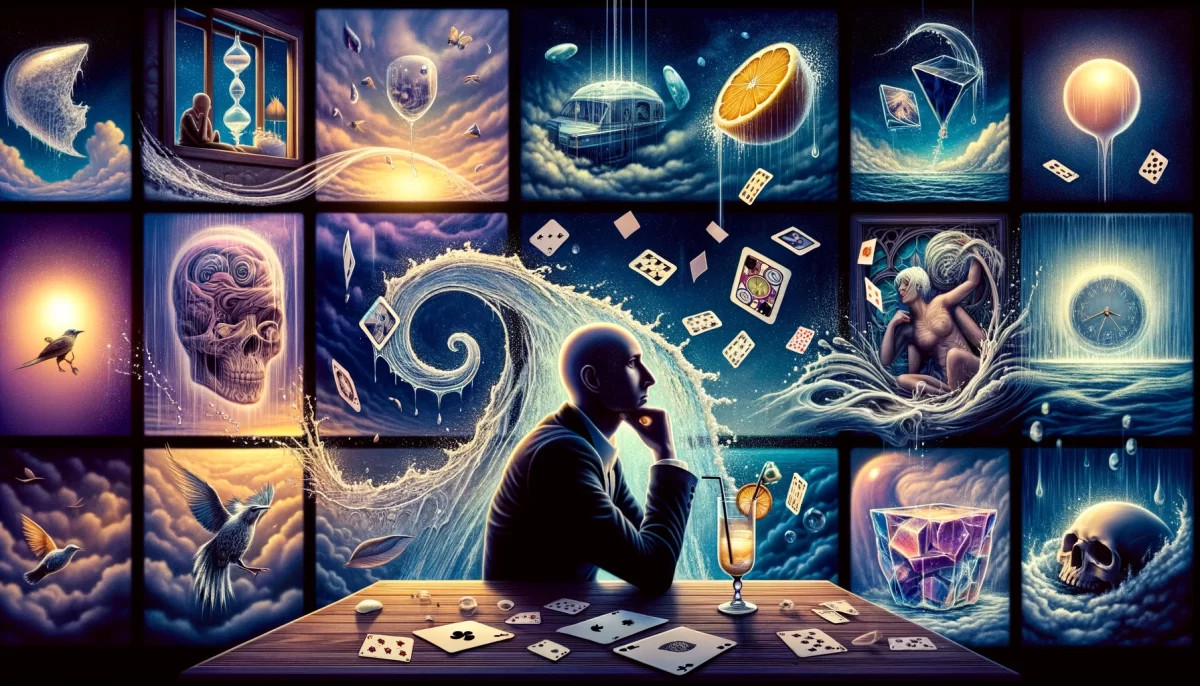







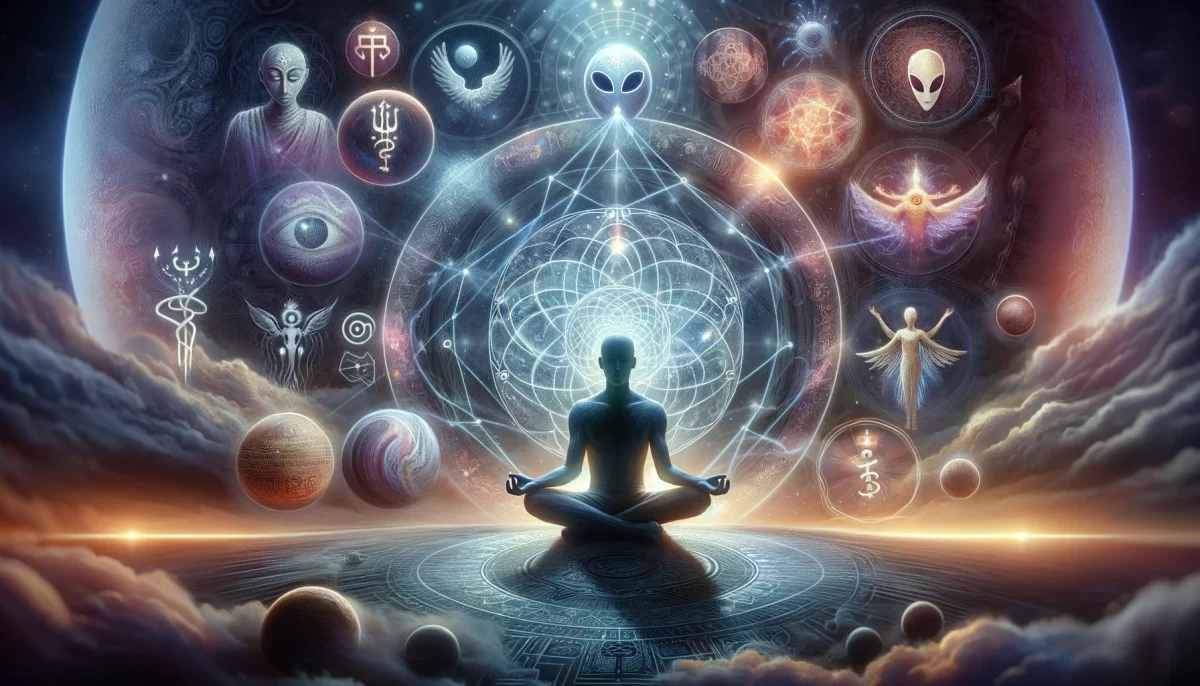
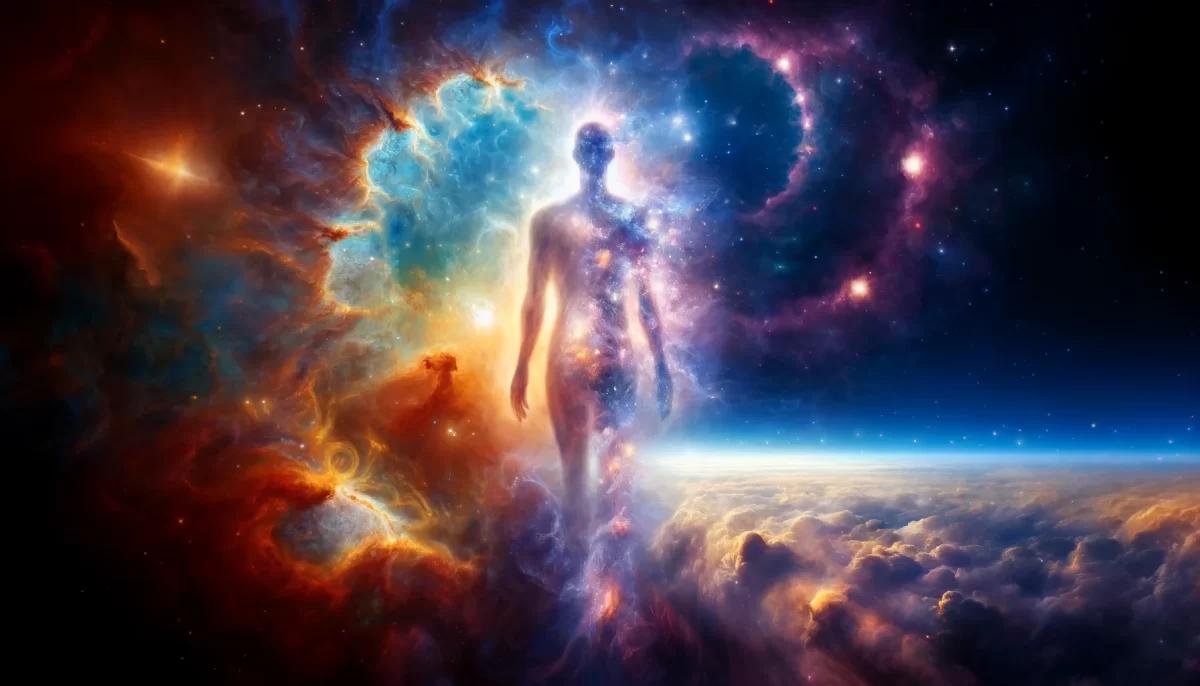

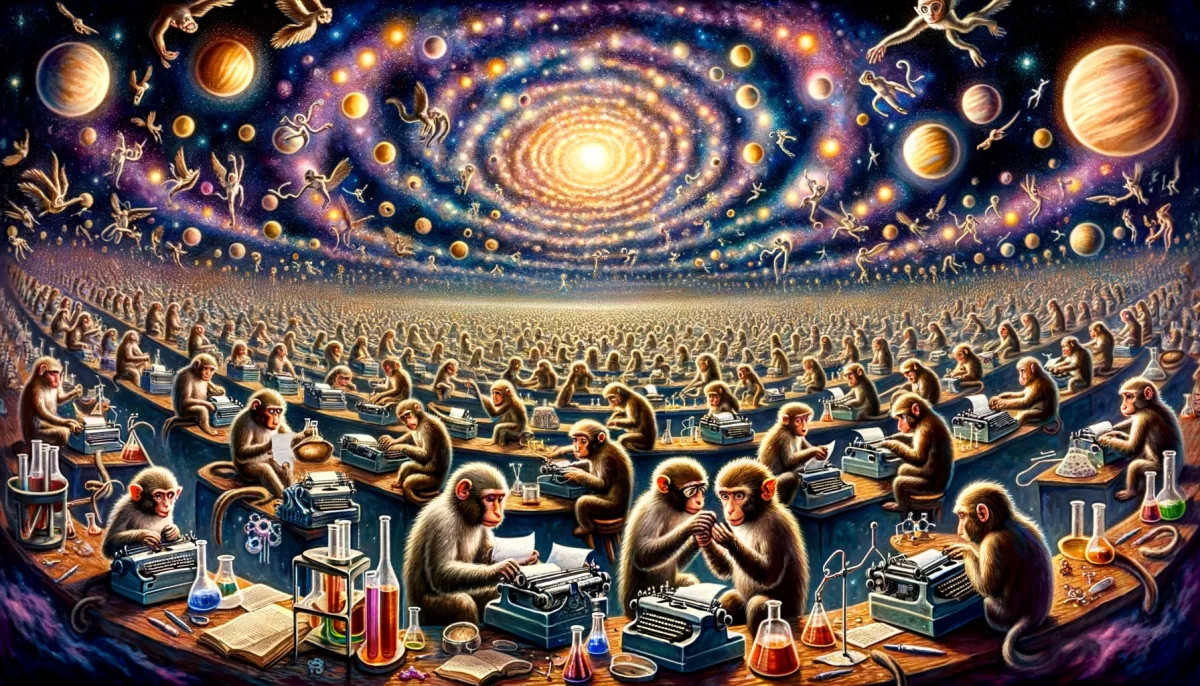
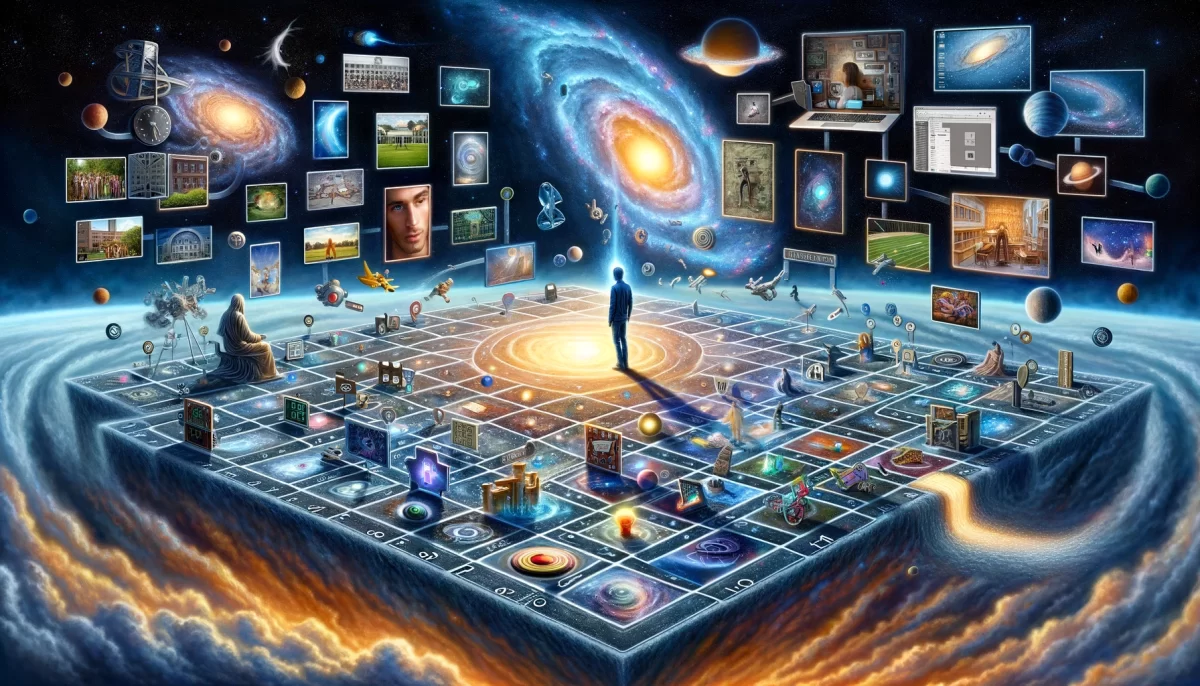

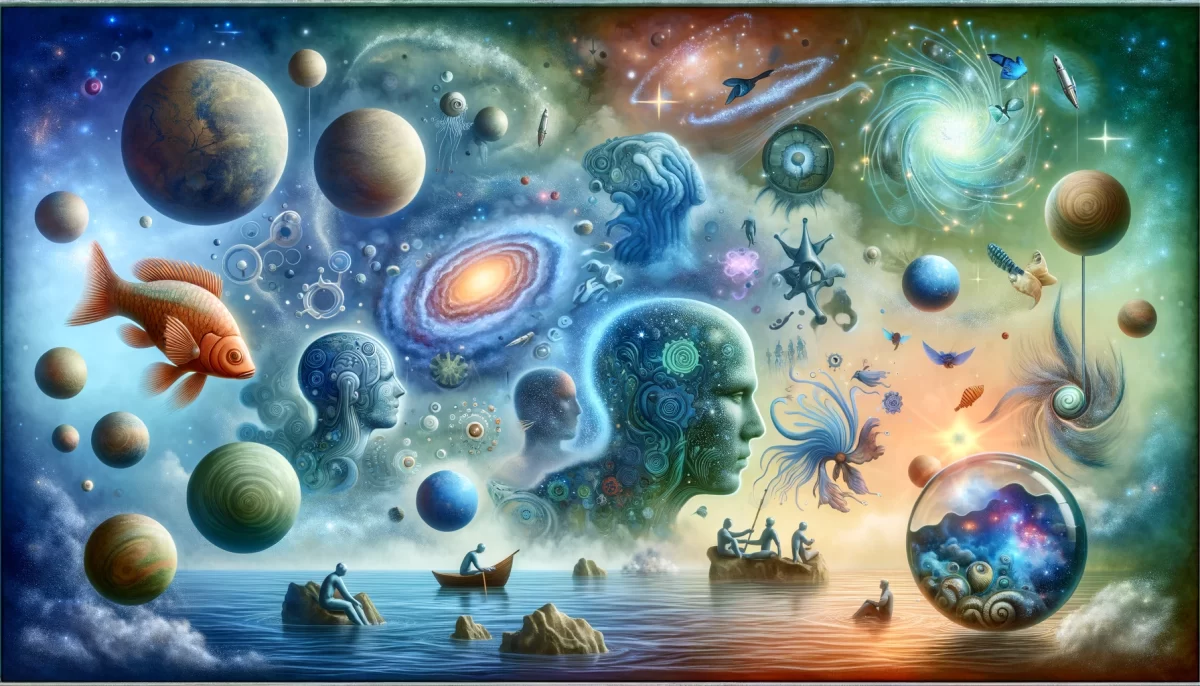
Leave a Reply